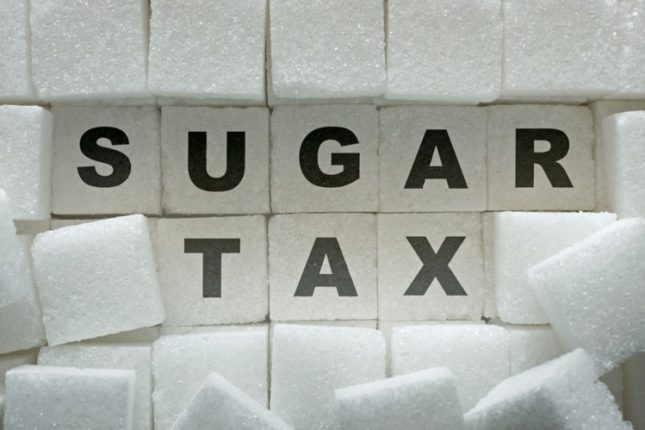
In 2016, the war on sugar, in the form of taxes, started and now over 35 different national governments, states, and cities have implemented a sugar tax. The goal of these taxes was to reduce obesity and rising levels of diabetes. However, because of the necessary changes in food formulas, it also changed the taste of many loved products.
The consumers didn’t ask for this tax, so why are they doing it?
Yes, large amounts of sugar are harmful to you, especially if taken in an unbalanced diet. However, sugar is a necessary part of the human diet. Without sugar, we could not live.
Therefore, the problem does not lie with sugar, but how much sugar we consume. Taxing the single ingredient makes no sense. Instead, we should be regulating it in terms of proportion to the total product. By taxing sugar, companies are forced to change formulas for products beloved by consumers. This doesn’t guarantee they will use better alternatives. Moreover, as we pointed out previously, there isn’t scientific evidence that introducing harsh taxation regimes on sugars will affect consumers and consequently, obesity.
It is just another Nanny State suggestion. Consumers should be free to choose to continue to eat those products with the same taste pallet they have always had. Perhaps it was their cheat food, and perhaps, their diet consisted of health sugar intake; thus the sugar in that singular product would cause them no harm. The consumer has the right to choose how, and where they consume sugar. It is not the place of the government to limit consumer rights on their own body.
Sugar has been a necessary part of the human diet for the entirety of our existence. Sugar appears in fruit and vegetables in the form of glucose and is found naturally in almost all types of food. On the other hand, artificial sweeteners have been shown to have numerous adverse side effects on the human body. One study by Harvard Medical students brought to light that “use of artificial sweeteners can make you shun healthy, filling, and highly nutritious foods while consuming more artificially flavored foods with less nutritional value.”
So why tax a naturally existing substance when there are harsher alternatives that will take its place?
When sugar is deemed as an ingredient to replace, it’s position is filled by the artificial sweeteners that have an unnatural composition and could have adverse effects on the human body. The Multiethnic Study of Atherosclerosis found that daily consumption of diet drinks corresponded with a 36% greater risk for metabolic syndrome, as well as a 67% increased risk for type 2 diabetes, the very diseases it is used to try and reduce. Sugar is not unhealthy when consumed correctly; in fact, it should be preferred over artificial sweeteners.
People should not be told to avoid this ingredient altogether, but instead taught to ingest it responsibly. Anything in large amounts is unhealthy, and it is the same case for sugar. Consumers have the right to be informed of the risks of their choices to buy certain products and choose accordingly.
Governments should not limit consumers choices.
